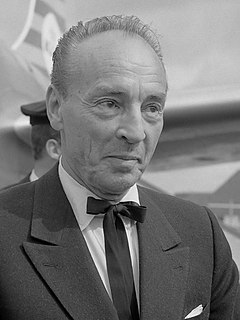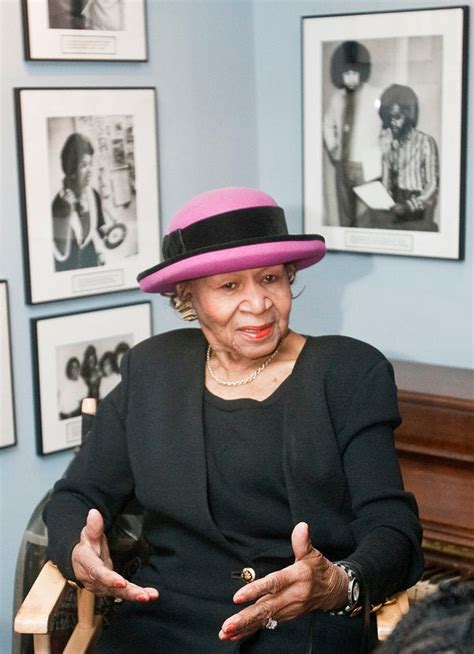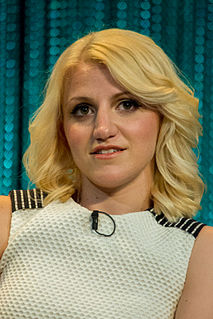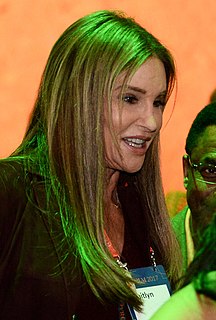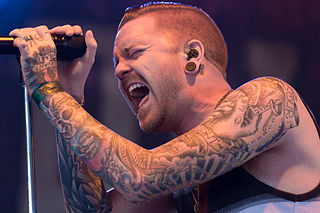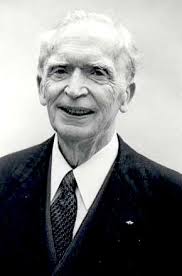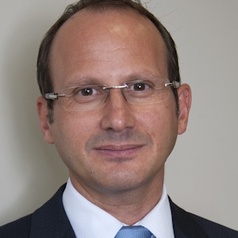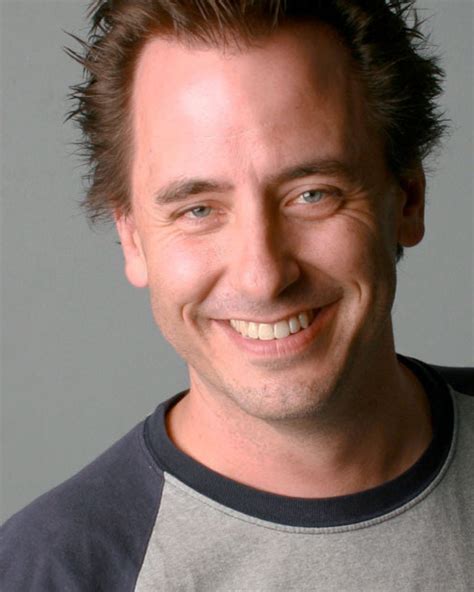A Quote by George Balanchine
Your eyes is camera and your brain is a file cabinet.
Related Quotes
So it's like your brain has a large filing cabinet and it's opening up each drawer and it's taking in various images and memories from the day, consolidating what it needs to and puts in whatever file. And then if there's something that doesn't fit in any of the files and doesn't really belong, you'll forget about it. So it's a way of really getting a succinct way of storing things in your brain.
In most sports, your brain and your body will cooperate... But in rock climbing, it is the other way around. Your brain doesn't see the point in climbing upwards. Your brain will tell you to keep as low as possible, to cling to the wall and not get any higher. You have to have your brain persuading your body to do the right movements.
You don't need as much as some of the other artists but you do sing with your eyes close and it gives the illusion that you singing in your sleep and number one places around the country, you have to have your eyes open. You can close your eyes for a certain gesture or whatever but your eyes are the mirrors of your soul.
On camera, the audience can see your eyes close up - they can see behind your eyes - and when you're on stage, you need to make sure that the person sitting in the back row can feel what's happening behind your eyes, even if they can't see them. Having a live audience is exhilarating and exciting all on its own, but you know, it is quite different.
Sleep paralysis is something that is actually very common. Many people have it, I've had it myself. And what happens is, when you're in that REM stage of sleep, your brain is very active. You're dreaming your most during that stage, you're mind, your eyes are moving, there's a lot going on. It's like fireworks going on in your brain.
When you sleep your eyes move left and right and physical movement takes trauma and moves it from your frontal lobe to the back of your brain or to another part of the brain where you can store it that memory but when you think about those things that happened, you don't associate the feeling that normally comes with it. So the problem is if you have something traumatic happen and you are not getting a good amount of rest, it will stay in your frontal lobe.
